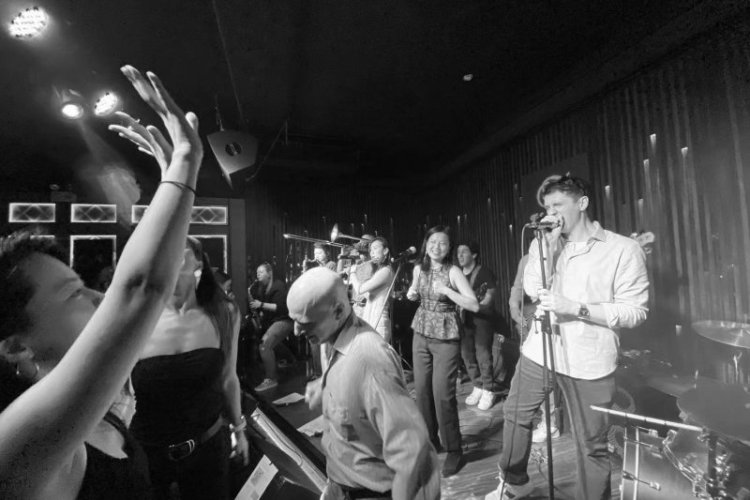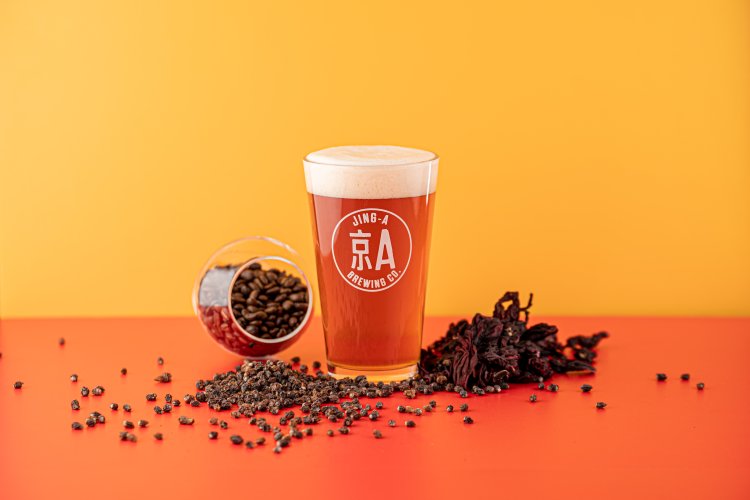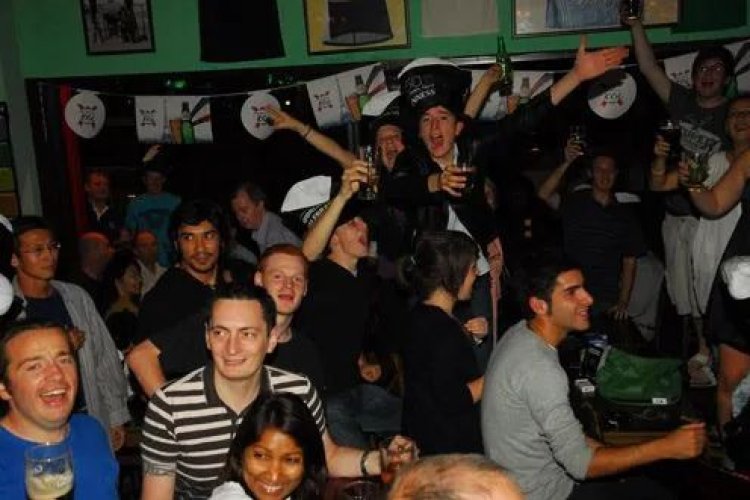Chin Up: Reggae Legend Clive Chin at Yugong Yishan
Having worked with everyone from Augustus Pablo to Lee “Scratch” Perry, producer Clive Chin can legitimately claim to be a key figure in the history of reggae and dub music. As he gets set to play Yugong Yishan this Sunday, we got him on the phone for a chat about the Chinese-Jamaican community’s influence on reggae, his family’s story, and how Lee Perry always got his way.
Why did your family move to Jamaica?
It was my grandfather who moved there. He came to the island in the 1920s to work as a laborer. He came from Hong Kong and landed first in Havana, Cuba, before going on to Kingston. He came with a relative – a brother, I think – but the relative was sent back because of his gambling habit. Any money he made, he was gambling away, so my grandfather sent him back to Hong Kong.
Your father ended up establishing the Randy’s studio in Kingstone, but how did he get into the music industry?
First for the love of music, but secondly because of the job he had at the time. He was working as a serviceman for a guy called Isaac Issa – changing records, collecting money, keeping accounts.
There have never been too many people of Chinese descent involved in other forms of “Western” music. Why do you think Chinese-Jamaicans like yourself came to play a key role in reggae’s development?
Chinese people are generally businesslike people, they see a need for services. In the early colonial period, there was only American and British music to entertain Jamaicans. There was nothing that was genuinely Jamaican. The Chinese saw the need for development. Also, the Chinese community in Jamaica were prominent business owners – they came in and set up convenience stores, laundries, everything – so they had the finances to fund studios. The Chinese were really first in many ways – with no disrespect, even guys like Duke Reid were sound system guys who only became producers later.
Of all the people you’ve worked with, who left the biggest impression on you?
I would say one individual I considered a mentor and an innovator was Lee Perry. He was very special. He had a very strong sense of musicianship. Lee Perry was no nonsense – whatever he wanted, he got. In his own way, of course. I still see him occasionally when he comes to the US or when I’m in London – we’re very good friends to this day.
What do you listen to these days?
I don’t listen to Caribbean music much. I don’t listen to dancehall, ragga or hip-hop really. I listen to hip-hop sometimes, when it makes sense. I mostly listen to contemporary jazz. I’m a big jazz person. Also a lot of Cuban music.
When you look at how reggae has grown from its roots in a corner of the Caribbean to become such a massive genre, and think “I played a part in that,” how do you feel?
I feel very proud and honored to know that the work I did in the late 1960s and 1970s was really important. At the time, I thought of it as Jamaican music for Jamaica alone. I thought of it in a narrow-minded way. Last November when I came here, I had two musicians from Beijing come to me, they brought their own music and asked me what I thought of it. I said “It’s great. As long as you love what you do, it doesn’t matter if it’s not perfect in terms of production or whatever.” I’m happy to share my experience. For the Chinese people, I can say to them that for my second trip here, more than any money I can make from playing here, I enjoy spreading the love, spreading the teaching. That’s my journey here.
Clive Chin plays the Upstepper Sound and Uprooted Sunshine anniversary party on Sunday at Yugong Yishan. RMB 50. 5pm-late.






